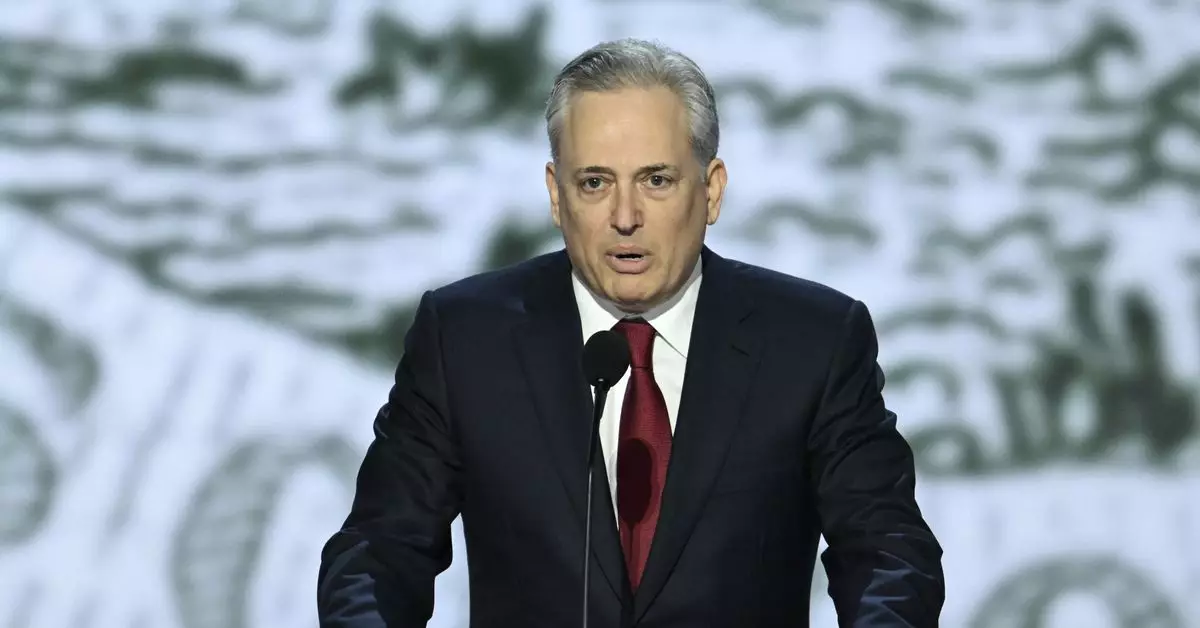In an era marked by technological innovation and rapid digital transformation, the intersection of politics and technology has become increasingly prevalent. The recent appointment of David Sacks as the “White House A.I. & Crypto Czar” by President-elect Donald Trump exemplifies this trend. Sacks, an influential figure in the tech industry, particularly known for his role in the creation of PayPal and Yammer, has found himself at a pivotal crossroads that reflects both his expertise and Trump’s vision for America’s digital future. Such appointments not only shape governance but also delineate how technological advancements will be managed at a national level.
The designation of Sacks as a special government employee, allowing him to serve up to 130 days per year without the burden of disclosing all assets, is particularly noteworthy. This arrangement raises questions about transparency in the management of public duties and personal interests. Sacks’ role is primarily focused on steering policies surrounding Artificial Intelligence and Cryptocurrency—two domains vital for maintaining American competitive advantage in the global market. His responsibilities include working on a legal framework that provides clarity for the cryptocurrency spectrum, aiming to foster a regulatory environment that encourages innovation and growth.
Sacks’ mandate emphasizes the administration’s intent to place the United States at the forefront of technological advancements. This ambition aligns with broader economic strategies, as the global race for technological supremacy intensifies. With both A.I. and cryptocurrency poised to redefine market dynamics and societal interactions, having a dedicated leader at the helm could prove pivotal. Sacks’ experience in the tech sector empowers him to navigate these complex landscapes, addressing concerns over regulation while promoting entrepreneurship.
Significantly, Sacks has been tasked with addressing the contentious issues surrounding Big Tech and online free speech. The administration’s commitment to safeguard free speech, while simultaneously attempting to reign in perceived biases associated with large tech firms, reflects a delicate balancing act. Sacks’ prior involvement in high-stakes tech environments positions him as an understanding conduit between government and industry executives, potentially facilitating more effective dialogues around censorship and bias in online platforms.
As the administration progresses, Sacks’ effectiveness in fulfilling these responsibilities will hinge not only on his expertise but also on the collaborative efforts with other appointees, including the recently appointed Paul Atkins to lead the SEC. The establishment of the Presidential Council of Advisors for Science and Technology, which Sacks will also oversee, highlights the administration’s recognition of science and technology as pillars of national policy. As such, the synergy between these roles will be essential to constructing a comprehensive technological framework that can anticipate and adapt to emerging challenges.
David Sacks’ appointment signals a notable shift in the integration of technology within governmental frameworks. His role is not merely administrative; it is emblematic of the larger ideological battle concerning the future of technology in American society—a future where innovation, regulation, and individual freedoms must coexist.


Leave a Reply